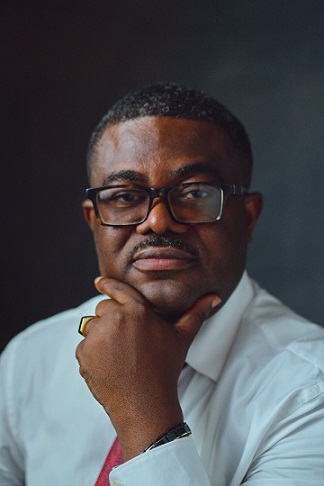The Regional African Satellite Communication Organisation (RASCOM) has announced its 74th Board of Directors meeting, scheduled to take place from May 22nd to 24th, 2024, in Yaoundé, Cameroon.
This gathering will bring together member states and key strategic partners to discuss the latest developments and trends within the satellite space. The conference will provide a platform for stakeholders to share insights, address challenges, and explore opportunities for growth and collaboration.
The Board of Directors will also review and approve several proposals aimed at enhancing the organization’s mission to promote telecommunications development in Africa. Cameroon, a proud member of RASCOM, is hosting the event through the Ministry of Communications and is supported by Cameroon Telecommunications (Camtel).
“We are excited to convene in Yaoundé, Cameroon, and appreciate the warm hospitality extended to us by the host country and Camtel,” said Timothy Ashong, Acting Director General of RASCOM. “This meeting will be a crucial milestone in shaping the future of satellite communications in Africa.”
The 74th Board of Directors meeting is expected to be a significant event, shaping the future of satellite communications in Africa. With the participation of member states and key strategic partners, the conference will foster collaboration, drive growth, and promote telecommunications development in Africa.
About RASCOM:
RASCOM is a Pan-African Satellite Communication Organization, created from the will of African Governments and States, and set up in order to bridge the digital divide between the continent and the rest of the world using satellite telecommunications.
To overcome the challenges of this digital divide and the opening up of rural areas in Africa, the member States of the African Unity (currently the African Union) agreed to establish a satellite telecommunications system as part of an enhanced telecommunications network for Africa, extended to provide expanded telecommunications and broadcasting services to all African countries to help bridge the digital divide with the rest of the world.

















